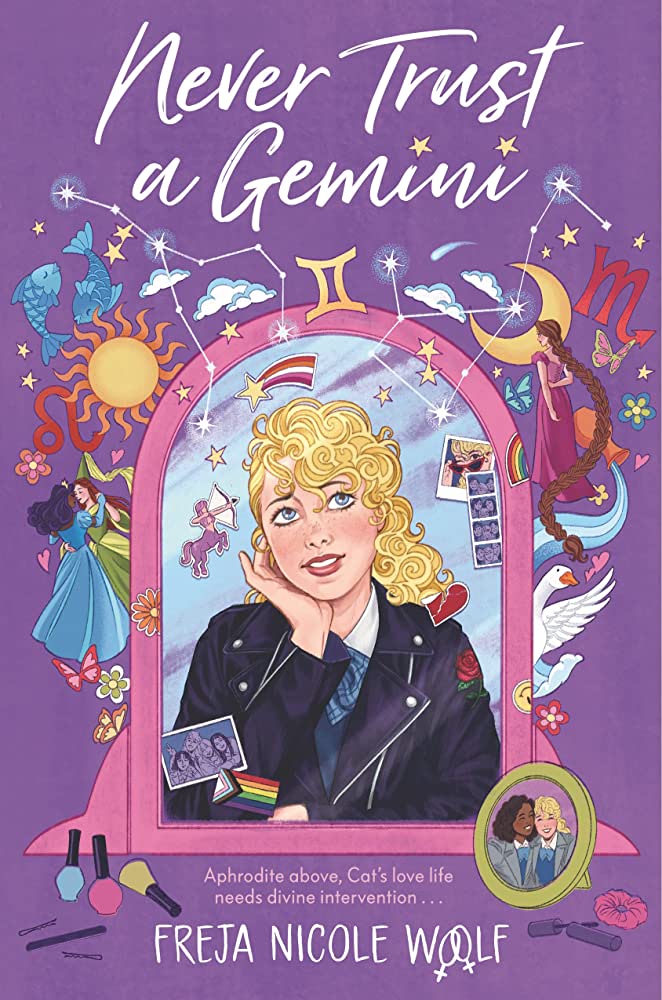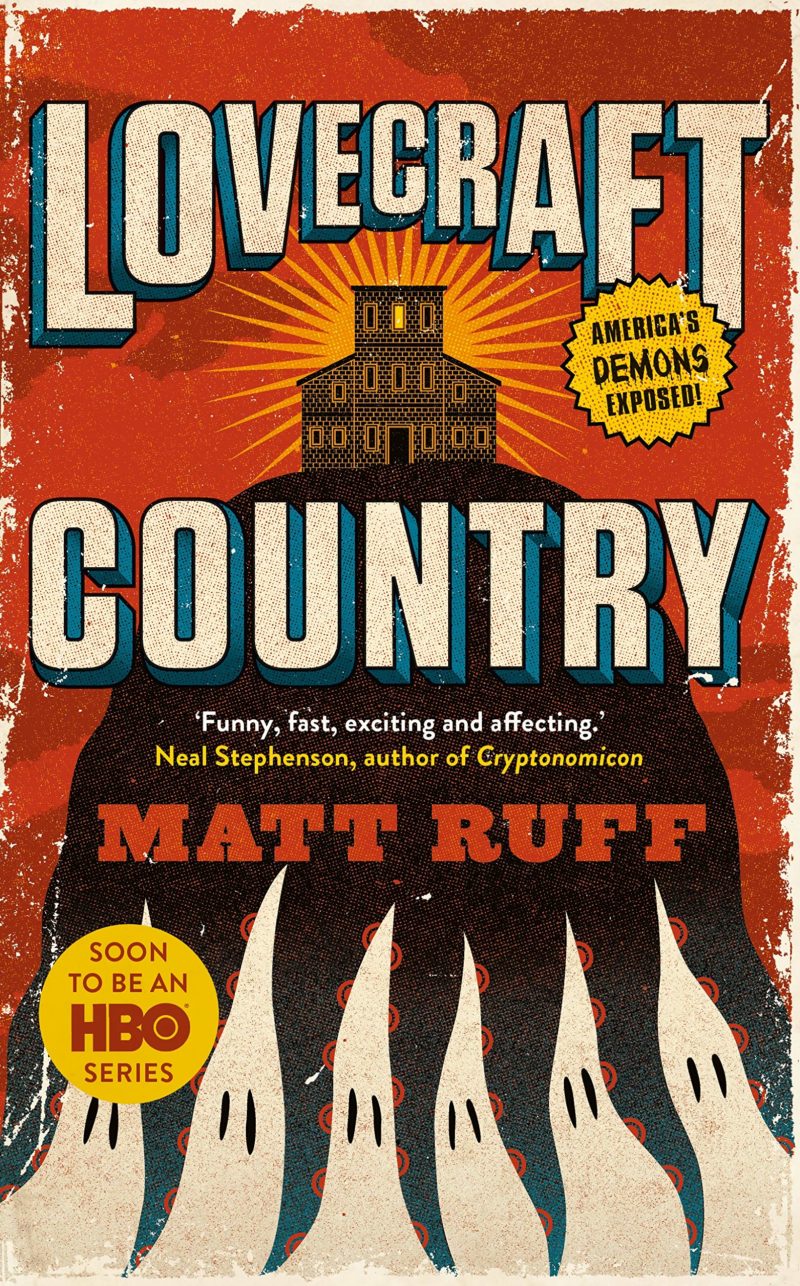George, by Alex Gino, is a middle-grade novel that tells the story of Melissa, a girl who desperately wants to play Charlotte in her classroom’s theatrical production of Charlotte’s Web. It sounds like it could be the plot of any charming school days book, with one noticeable difference—Melissa was born a boy. Her classmates, family, and teacher know her as George, and she wants to play Charlotte not only out of admiration for the book she loves but also as a way to tell the world who she really is: a girl.
I was absolutely charmed by this book, which is a thoughtful and pure exploration of identity, a topic widely explored in YA fiction but less often in the MG genre. Melissa’s yearning to express herself, and the alienation she feels from her family and friends at being unable to do so, is poignant. Gino precisely captures the ten-year-old voice in both speech and thought, and her characters—from Kelly, Melissa’s best friend, to Jeff, her tormentor—are vividly brought to life. It’s a book that speaks to the gentle hearts of young readers.
My two favorite things about this book are probably Melissa’s friendship with Kelly, which is sweet, strong, and silly all at once—just as friendships between little girls should be—and the fact that Ms. Udell, Melissa’s teacher, isn’t at all receptive to Melissa’s struggles. Too often in children’s literature the teacher is a kind of deus ex machina, but Ms. Udell’s reaction is more realistic, unfortunately, especially in small-town schools. In Ms. Udell’s judgement of Melissa’s identity, we feel a piece of the betrayal and shame she creates in her. In the end, it makes her success all the sweeter for everything she has overcome.
It goes without saying that this is an important book, as well as being an enjoyable one. It’s not that the idea of “transgender” is something that children can’t understand—likely, they are more receptive to the idea than most—it’s that adults feel that the topic is somehow inappropriate for young minds, even as many children like Melissa are struggling with a crisis they don’t know how to name. George may not only help guide such children to a place of self-esteem and acceptance but also help their peers (and teachers!) be more compassionate allies. It would be my hope to soon see this book in classrooms across the country.
A copy of this book was provided by the publisher for review.



